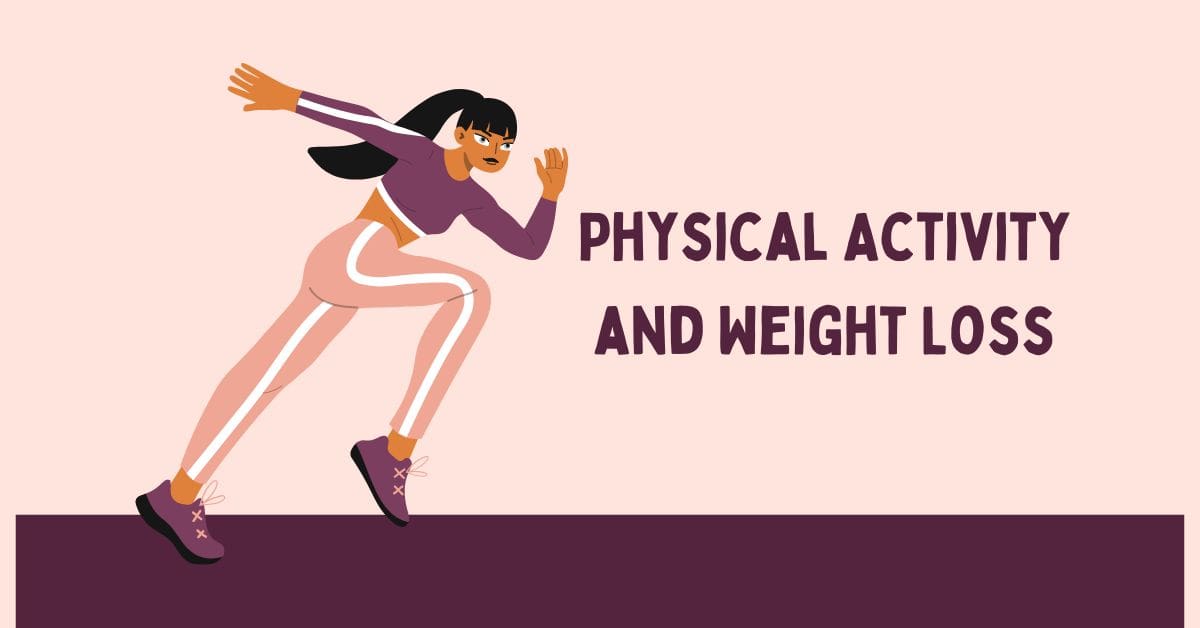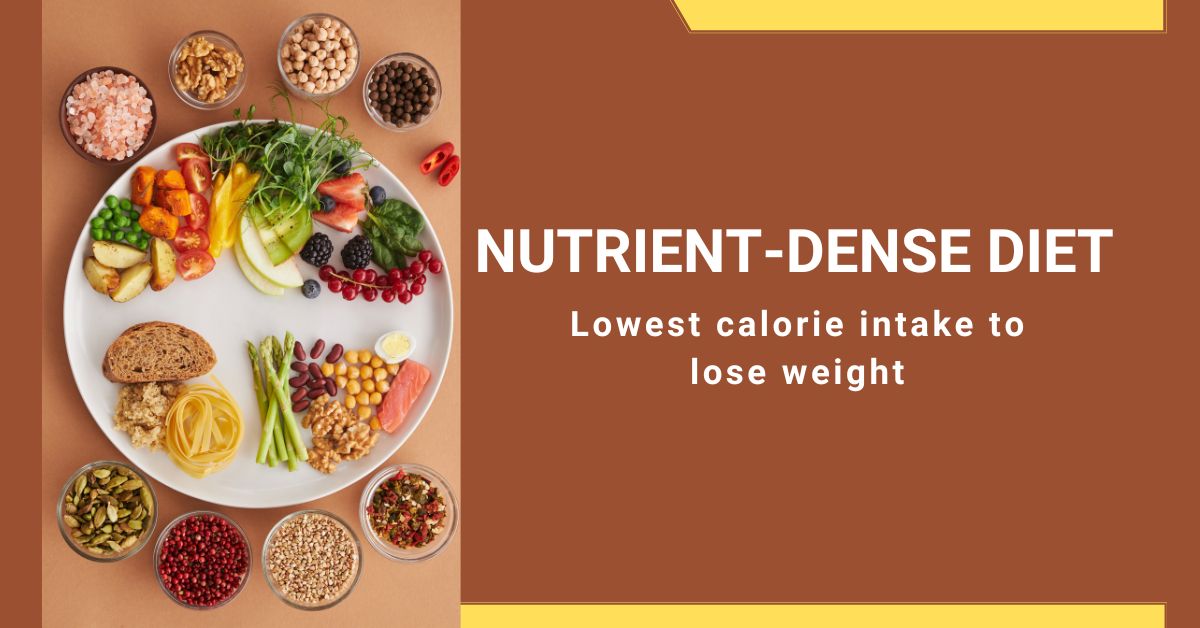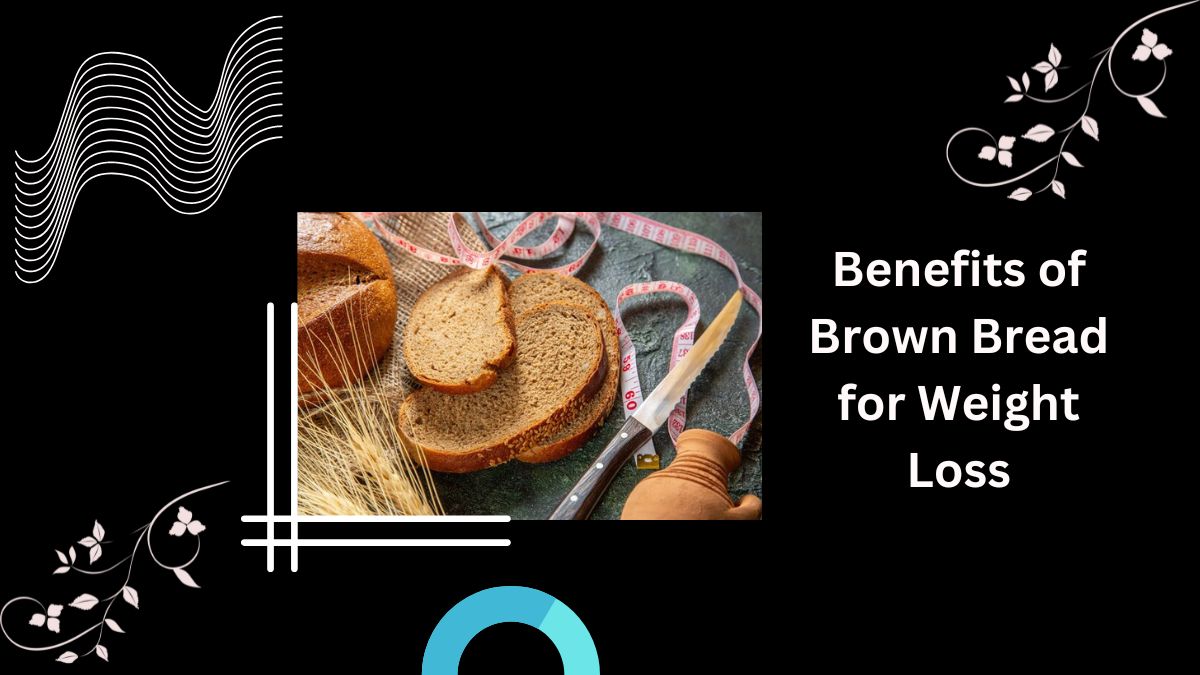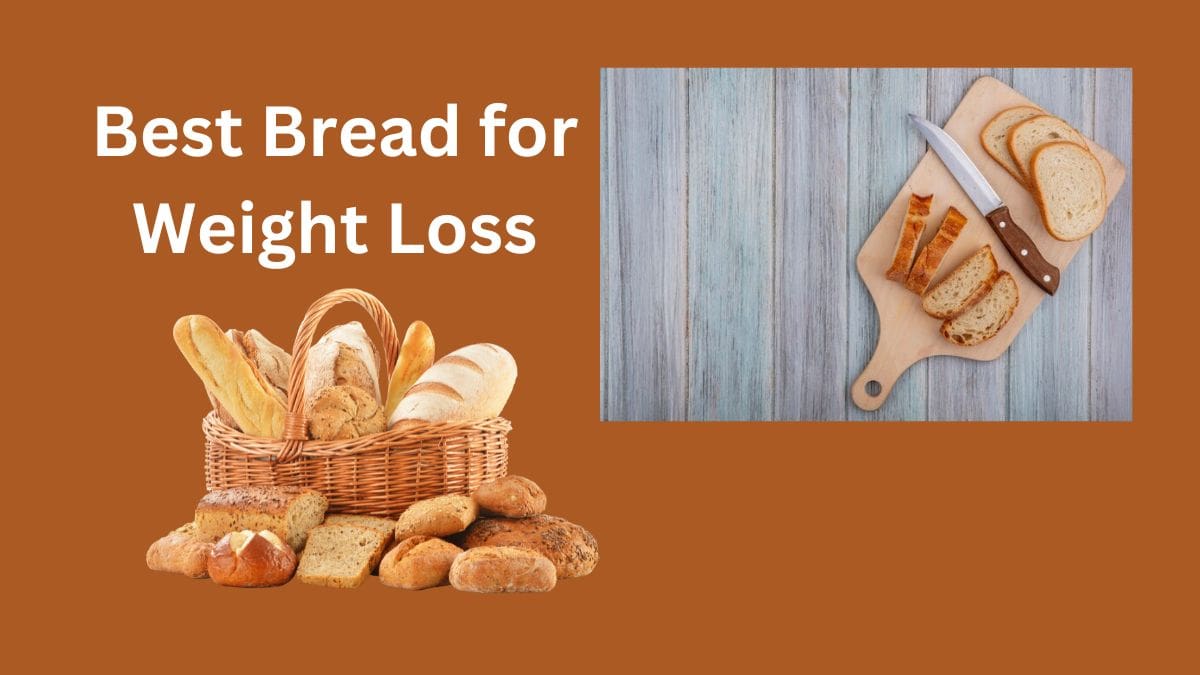Discover the science behind weight loss and find out what the lowest calorie intake to lose weight is. Explore personalized strategies, sustainable habits, and expert insights in this comprehensive guide.
Table of Contents
Introduction

Embarking on a weight loss journey prompts the question: What is the lowest calorie intake to lose weight? In this article, we unravel the science behind calorie intake, exploring factors like basal metabolic rate, caloric deficit, and the significance of a balanced, nutrient-dense diet.
The Fundamentals of Lowest Calorie Intake to Loss of Weight
Understanding the basics is crucial. What is the lowest calorie intake to lose weight? It starts with comprehending calories as units of energy derived from food. Weight loss happens when the body expends more calories than it consumes, creating a calorie deficit.
| Very Low-Calorie Diet (VLCD) | 800-1200 calories per day | VLCDs are usually supervised by healthcare professionals due to their extreme nature. |
| Low-Calorie Diet (LCD) | 1200-1500 calories per day | LCDs are more moderate and can be sustainable for some individuals. |
| Moderate Caloric Restriction | 1500-1800 calories per day | A more balanced approach, incorporating a variety of foods and nutrients. |
| Caloric Deficit for Weight Loss | 500-1000 calories below maintenance | Creating a daily deficit within this range is a common and sustainable goal. |
However, as a general guideline, very low-calorie diets (VLCDs) typically provide around 800 to 1200 calories per day. Here’s a rough chart that outlines different calorie levels for weight loss:
The Essentials of Achieving Weight Loss through the Lowest Calorie Intake
To comprehend the relationship between calories and weight loss, it’s essential to grasp the basic principles. Calories are units of energy derived from the food we consume. However, establishing the right deficit is key to striking a balance between weight loss and overall well-being.
Factors Influencing Caloric Needs
Individuals are unique, and so are their caloric requirements. Age, gender, body composition, and lifestyle choices play crucial roles in determining how many calories one needs.
Addressing these factors tailors a weight loss plan to individual goals and well-being. Addressing these factors is essential in tailoring a weight loss plan that is both effective and sustainable.
Calculating Basal Metabolic Rate (BMR)
Unlocking the secret to What is the lowest calorie intake to lose weight? involves understanding BMR. BMR is the baseline number of calories the body needs at rest.
Various formulas, such as the Harris-Benedict equation, help calculate this, setting the foundation for caloric intake.
Use an online calculator to estimate your BMR, which represents the number of calories your body needs at rest. This forms the baseline for determining your daily caloric needs.
https://www.calculator.net/bmr-calculator.html
BMR represents the number of calories the body needs at rest to maintain basic physiological functions. Understanding and calculating BMR is fundamental in determining the baseline for calorie intake.
Various formulas, such as the Harris-Benedict equation, provide insights into how many calories an individual requires to sustain their basic bodily functions.
The Significance of Achieving the Lowest Calorie Intake to loss of weight
Creating a caloric deficit is essential for weight loss, but balance is key. Extreme calorie restriction can lead to nutrient deficiencies, muscle loss, and metabolic slowdown. Discover the right balance for a safe and effective caloric deficit.
An excessively low-calorie intake can lead to nutrient deficiencies, muscle loss, and metabolic slowdown. We explore how to establish a safe and effective caloric deficit that aligns with individual needs and goals.
Setting Realistic Weight Loss Goals

Gradual weight loss fosters sustainable habits. Explore the psychological impact of extreme calorie restriction and the significance of maintaining a positive mindset.
While rapid weight loss may be tempting, setting realistic goals is vital for long-term success. We discuss the importance of gradual weight loss and how it promotes the development of sustainable habits.
Additionally, we explore the potential psychological impact of extreme calorie restriction and the importance of a positive mindset in the weight loss journey.
Nutrient-Dense Diets for Optimal Health
Beyond counting calories, the quality of calories matters. Prioritize nutrient-dense foods for overall health and weight loss. Practical tips for incorporating these foods into daily meals are provided.
Practical tips for incorporating a variety of nutrient-rich foods into daily meals are also provided.
Monitoring and Adjusting Caloric Intake
Weight loss is dynamic, requiring adjustments. Learn to monitor progress, adapt to changes in metabolism, and adjust caloric intake accordingly. Practical guidance ensures continued success.
Weight loss is not a one-size-fits-all journey, and adjustments may be necessary along the way. We explore the importance of monitoring progress, adapting to changes in metabolism, and adjusting caloric intake accordingly.
This section offers practical guidance on when and how to make these adjustments to ensure continued success.
Physical Activity and Weight Loss

Exercise is a vital component. Engage in both cardiovascular exercises and strength training to burn calories and preserve lean muscle mass. The synergy of a balanced diet and consistent exercise enhances the weight loss journey.
Physical activity is a vital component of any successful weight loss plan. While caloric intake is crucial, incorporating regular exercise enhances the overall equation.
Engaging in both cardiovascular exercises and strength training not only burns calories but also helps preserve lean muscle mass. The synergy between a well-balanced diet and a consistent exercise routine contributes to a healthier, more sustainable weight loss journey.
The Pitfalls of Extreme Calorie Restriction
Extreme restrictions have pitfalls. They may trigger survival mechanisms, slowing metabolism and conserving energy. Striking a balance is crucial to avoid plateaus and maintain overall health.
While the desire for quick results is understandable, extreme calorie restriction can lead to several pitfalls. Severely limiting calories may trigger the body’s survival mechanisms, slowing down metabolism and conserving energy.
This adaptive response can result in a plateau, making further weight loss challenging. Additionally, nutrient deficiencies and hormonal imbalances may arise, impacting overall health.
It is essential to strike a balance between a caloric deficit and meeting the body’s nutritional needs.
Sustainable Habits for Long-Term Success
Establish sustainable habits for long-term success. Fad diets lead to yo-yo dieting. Incorporate gradual changes into lifestyle for a healthier relationship with food.
The journey to the lowest calorie intake for weight loss should not be viewed as a short-term fix but rather as an opportunity to establish sustainable habits.
Fad diets and extreme restrictions are often short-lived, leading to yo-yo dieting and potential health issues.
Incorporating gradual changes into one’s lifestyle, such as adopting a balanced diet, staying physically active, and prioritizing mental well-being, fosters long-term success and a healthier relationship with food.
Seeking Professional Guidance
Consulting professionals can provide personalized advice. Nutritionists and healthcare professionals offer insights based on individual needs and goals, ensuring safe and effective weight loss.
The Continuous Journey of Self-Discovery
Weight loss is a continuous journey. Celebrate small victories, learn from setbacks, and adapt strategies. Embrace the process with patience and a positive mindset for an empowering experience.
Conclusion
Finding the lowest calorie intake for weight loss requires a personalized, holistic approach. Understanding the science, incorporating physical activity, avoiding extreme restrictions, and fostering sustainable habits is key. It’s not just about shedding pounds; it’s about achieving a healthier, balanced lifestyle. Embrace gradual changes, seek professional guidance, and navigate the journey with confidence for long-term success.
Lose Belly Fat in 7 Days at Home
How can a woman slim down her stomach quickly?
FAQs about the Lowest Calorie Intake
Q: How do I determine my ideal caloric intake for weight loss?
Understanding your BMR and activity level is essential. Use reliable formulas like the Harris-Benedict equation and adjust based on progress.
Q: Can I lose weight without exercise by solely focusing on calorie intake?
Exercise enhances weight loss, but it’s possible with a caloric deficit. However, combining both yields better results.
Q: Are there specific foods that help in achieving a caloric deficit?
Focus on nutrient-dense foods like fruits, vegetables, lean proteins, and whole grains to optimize weight loss.
Q: How often should I adjust my caloric intake during my weight loss journey?
Monitor progress regularly. Adjust caloric intake if weight loss plateaus or if there are significant lifestyle changes.
Q: Is it possible to lose weight too quickly, and what are the risks?
Rapid weight loss can lead to nutrient deficiencies, muscle loss, and other health risks. Gradual loss is safer and more sustainable.
Q: Can I maintain my weight loss without following a strict diet indefinitely?
Yes, adopting sustainable habits and a balanced diet allows for long-term weight maintenance without strict diets.








